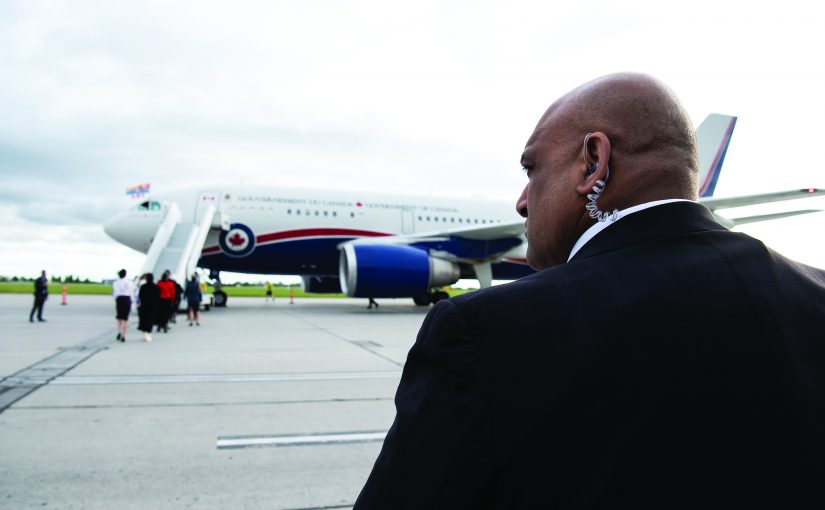Mitigating Threats to Public Officials
The Role of Close Protection Units

Statistics compiled in 2023 by Élections Québec, and updated as of July 31, 2024, show that, since Quebec’s last municipal elections in 2021, 944 elected officials left their posts before their term was up.1 That represents nearly 12 percent of the elected officials in a liberal democracy with a population roughly equivalent to Switzerland or Austria. While the officials’ individual reasons for doing so are varied, a driving rationale behind the data is the increasing prevalence of threats and intimidation that elected officials face in an ever-polarized, politically charged climate.
A survey conducted in late 2023 by l’Union des Municipalités du Québec showed a marked rise in the last decade in the percentage of politicians who reported facing harassment and intimidation— almost 40 percent reported experiencing offensive behaviors at least once in their careers, up from 28 percent in 2017


